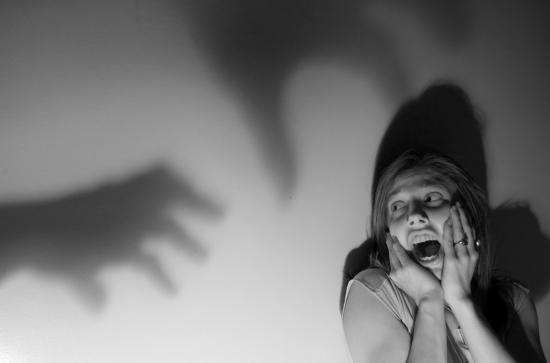What is a Phobia?
Phobias are a type of anxiety disorder. It is a severe form of fear or anxiety caused by a specific situation or object.
- A phobia-inducing circumstance: You could know it’s safe to be on a veranda in a high-rise building, but you’re afraid to go out on it. You may not be able to appreciate the view through the building’s windows.
- An item that causes a phobia: You may be aware that a spider is not poisonous and will not bite you, but this does not alleviate your anxiety.
You may even experience extreme anxiety when thinking about or discussing the scenario or entity.
Signs and Symptoms of Phobia
Physical Symptoms
- feeling unsteady, dizzy, lightheaded, or faint
- feeling like you are choking
- a pounding heart, palpitations, or accelerated heart rate
- chest pain or tightness in the chest
- sweating
- hot or cold flushes
- shortness of breath or a smothering sensation
- nausea, vomiting, or diarrhea
- numbness or tingling sensations
- trembling or shaking.
Psychological Symptoms
- a fear of fainting
- a fear of losing control
- a fear of dying
- feeling out of touch with reality, or detached from your body, known as dissociation.
- stress
- a loss of control
- being overwhelmed
- embarrassment
- anxiety
- depression
Causes of Phobias
- Past Incidents and/or traumas
- Learned Responses from childhood
- Experiencing prolonged stress
- Reactions and responses to panic and fear
- Genetic Factors
Treatment for Phobias
- Cognitive Behavioral Therapy
- Exposure Therapy
- Hypnotherapy
- Talking to someone you trust
- Learning to manage anxiety and panic
- Joining Support Groups
- Using Self-Help Resources
- Taking Specific Courses
